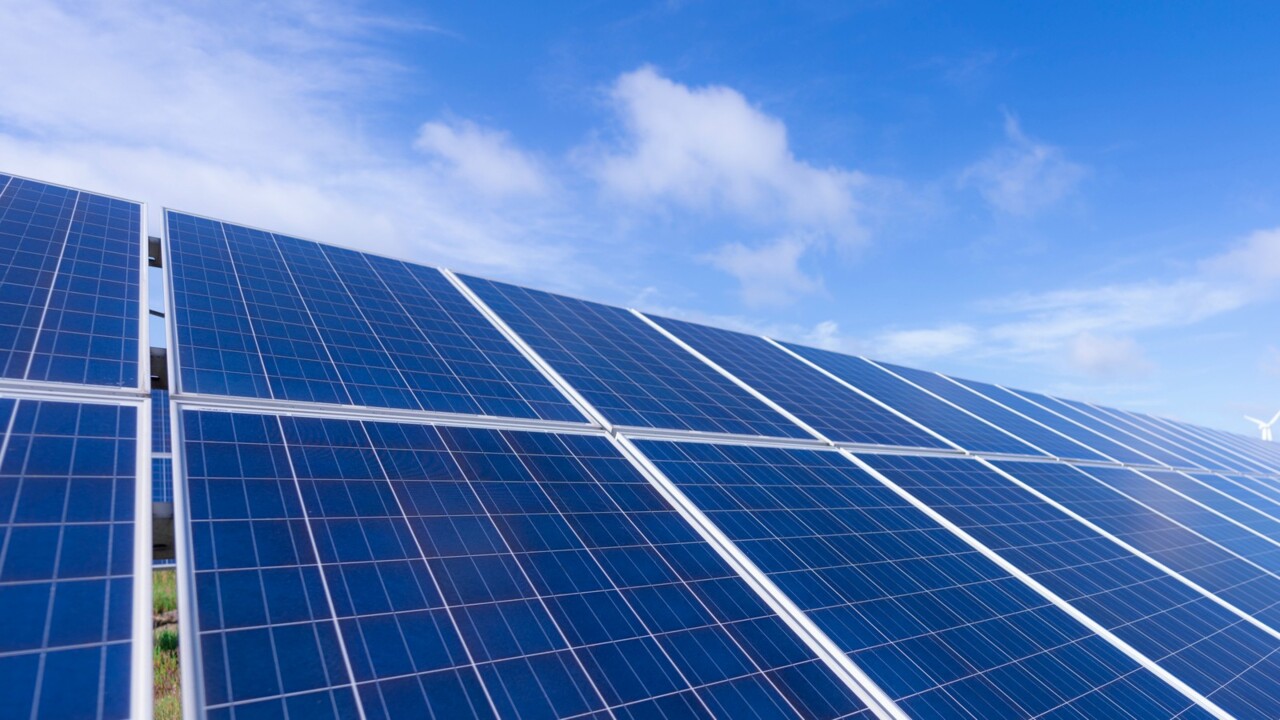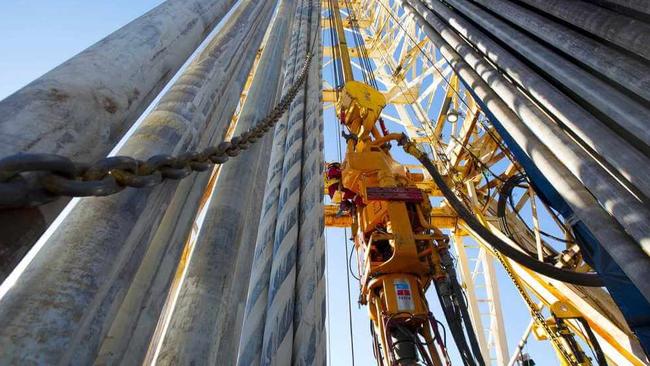New Beach Energy CEO Brett Woods moves to limit spending as he vows new leaner company
The energy group, which is majority-owned by Kerry Stokes, is focused on cutting costs and increasing production to revive its fortunes after a 10 per cent drop in profits.

Beach Energy, majority owned by billionaire Kerry Stokes, has suspended some new drilling and dumped a carbon capture and storage project as newly installed chief executive Brett Woods vowed to transform the business by trimming costs and bolstering production.
The cost-cutting drive was an immediate decision by Mr Woods, which he said illustrates his commitment to turning around a business that has tested the patience of investors amid a series of production shortfalls.
“I’ve got a target to deliver a disciplined, high-performance organisation,” Mr Woods said. “This is how I’m built. My history is about driving efficiency and driving lower costs.”
Mr Woods said new drilling would stop in the Cooper Basin, an historical source of gas located mostly in southwestern Queensland and extending into northeastern South Australia, while Beach will not continue work on a carbon capture and storage project in the Otway Basin in Victoria. Mr Woods said the economics of the project do not yet work.
The vow won immediate favour with the market, with shares rallying more than 3 per cent to close at $1.71. But investors remain anxious, particularly with Beach’s long history of underwhelming performance. Mr Woods said he has implemented a strategic review of the company to achieve his aspiration of reducing costs. He said he would brief the market on the findings at the full-year results later this year.
But illustrating the difficulty of the task ahead, Beach on Monday reported a 10 per cent fall in half-year profits as stagnant production and high costs from a series of write-downs weighed.
Underlying net profit fell to $172.7m for the six months ended December 31, from $191.2m a year earlier.
The fall came despite Beach reporting a 16 per cent increase in revenue, as costs rose 30 per cent year-on-year and production fell 10 per cent.
Beach said annual production will be between 18m and 20m barrels of oil equivalent, less than the 18m to 21m previously envisaged by the company, intensifying some concerns about Beach’s struggles to bolster production.
Mr Woods said he could understand any lingering concern about a fresh false dawn but said Beach is on the verge of a brighter outlook.
“We are on the cusp of unlocking a whole lot more volumes to market and that’s coming through the middle of the year through to the end of the year,” he said.

If Beach Energy is to turn its fortunes around, it must finish the development of the Waitsia Stage 2 project in Western Australia, which was hampered by the collapse of developer Clough in 2022, but is central to the company’s plans.
Beach Energy is hoping to profit from a looming gas shortage across Australia’s east coast, but the company has repeatedly tested the patience of shareholders and investors who have been desperate for the company to finally deliver on rosy projections.
In 2022, Beach Energy slashed the estimated gas reserves at its LNG export basin near Perth by 11 per cent after the Waitsia Stage 2 drilling campaign.
The Waitsia project is being developed as a joint venture between Beach and Japan’s Mitsui & Co. Beach has begun a review of the project.
Mr Woods said he travelled to WA last week to meet developers and is confident that the Waitsia project will be delivered on time and on budget. It is due to be operational in the middle of this year.
Mr Woods also highlighted the upside of its Moomba joint venture carbon capture and storage project with Santos.
Moomba is 80 per cent complete, and is on course to have the first carbon dioxide injected around mid-2024.
“Moomba CCS, one of the nation’s largest emissions reduction projects, progressed with first CO2 injection in mid-2024 targeted. The project will be a large contributor to our emissions reduction targets,” Mr Woods said.






To join the conversation, please log in. Don't have an account? Register
Join the conversation, you are commenting as Logout